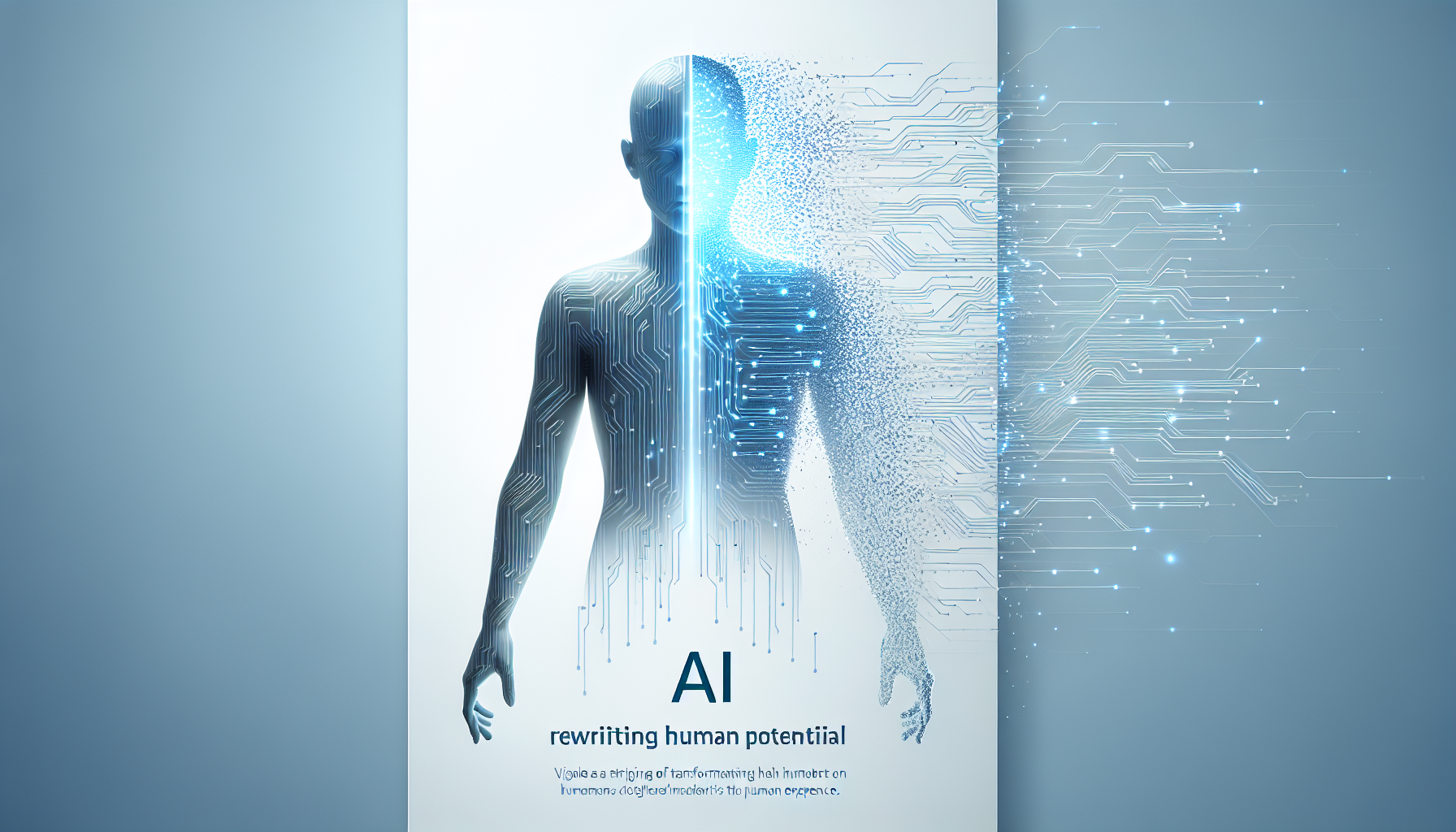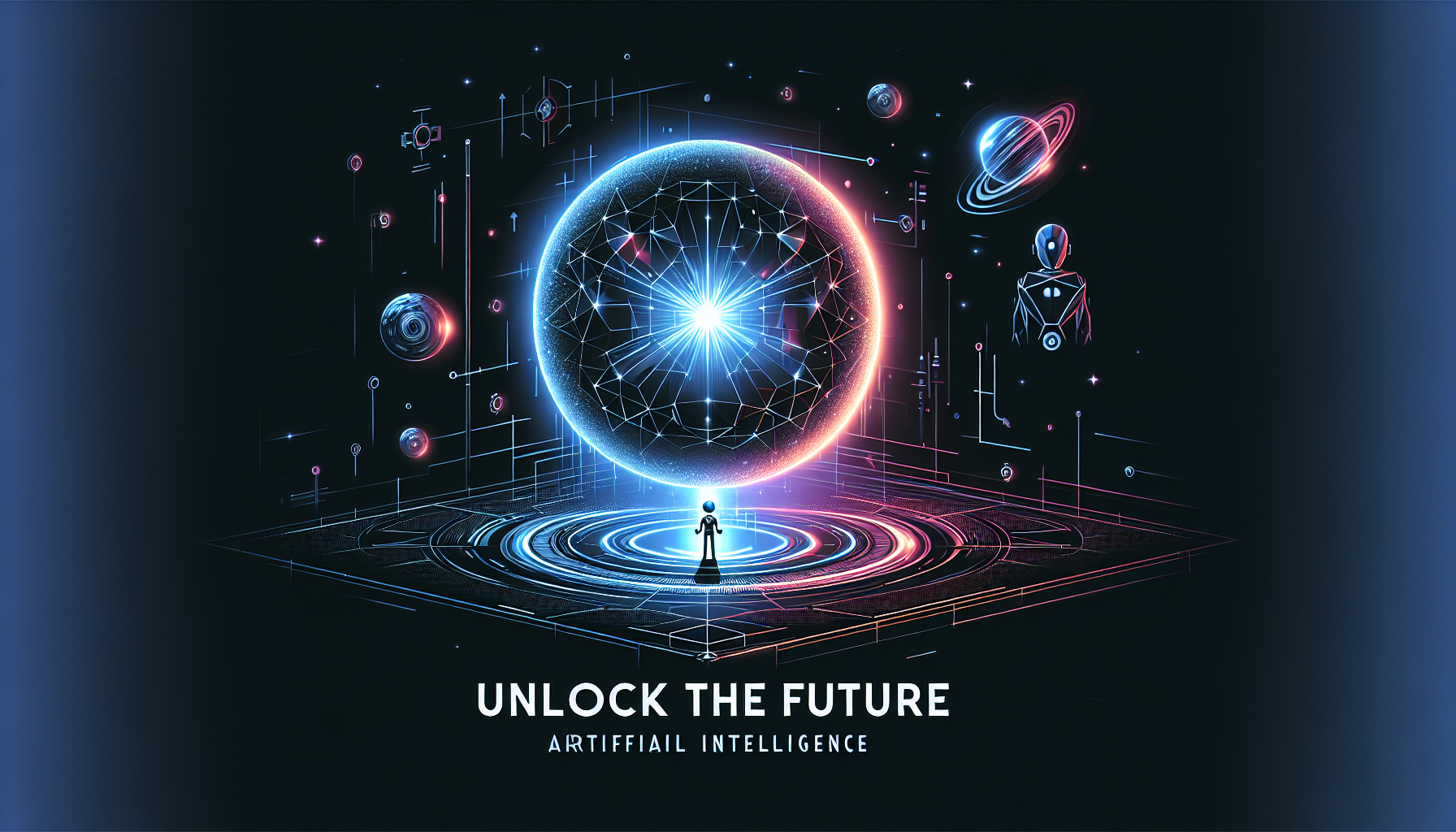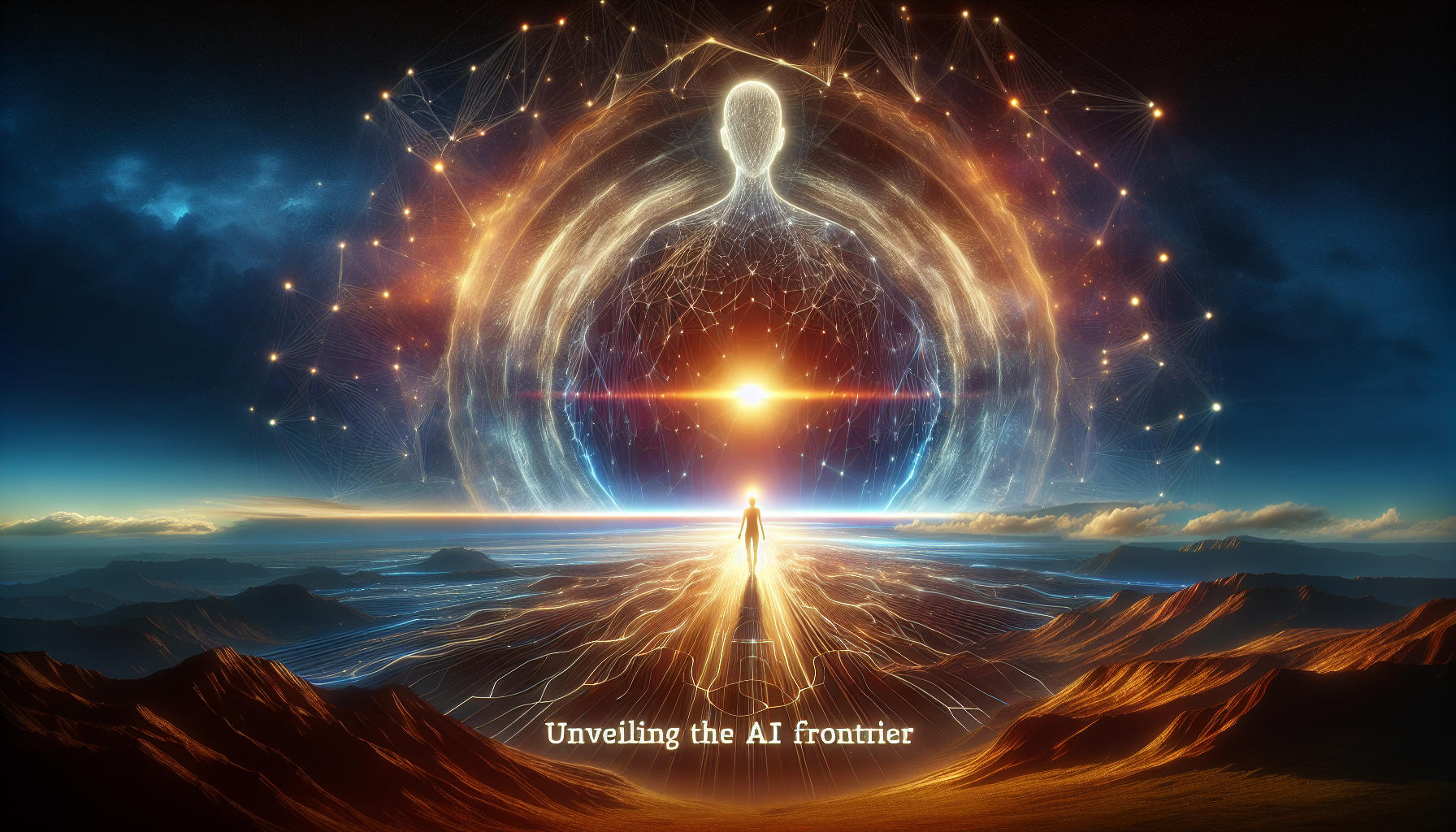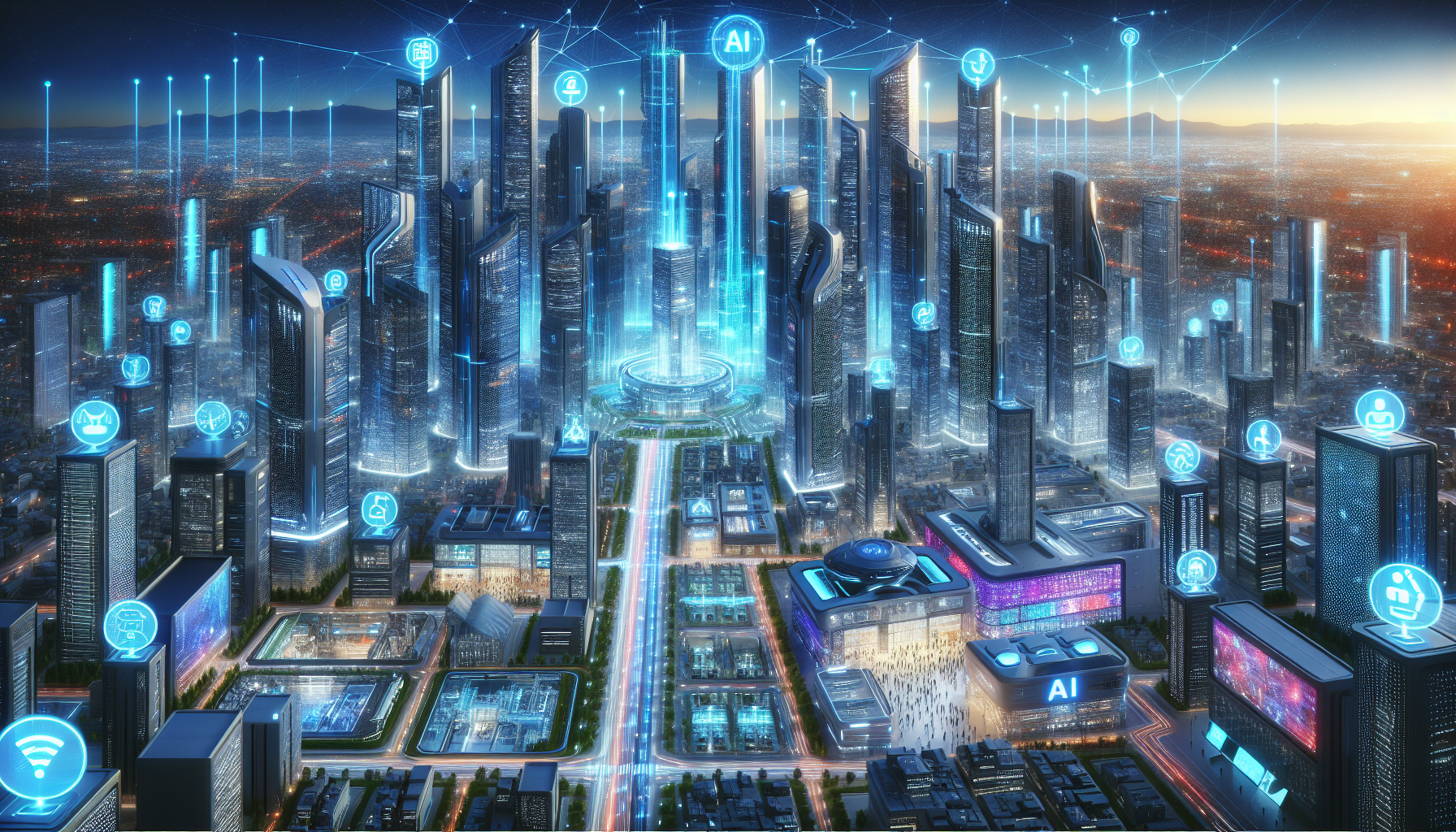The Transformative Power of AI: Revolutionizing Our World One Algorithm at a Time
In the rapidly evolving landscape of technology, artificial intelligence (AI) stands at the forefront of innovation, promising to reshape how we live, work, and interact with the world around us. As a tech enthusiast deeply passionate about the potential of AI, I’m excited to explore the groundbreaking ways this technology is transforming our reality.
AI: More Than Just a Buzzword
Artificial intelligence is no longer a distant concept confined to science fiction. It’s a tangible, powerful technology that’s already making significant impacts across multiple industries. From healthcare to finance, from transportation to creative fields, AI is proving to be a game-changing force that’s redefining what’s possible.
“The advance of technology is based on making it fit in so that you don’t really even notice it, so it’s part of everyday life,” says Bill Gates, and nowhere is this more true than with artificial intelligence. The seamless integration of AI into our daily experiences is rapidly becoming the new normal.
Healthcare Revolution
Perhaps one of the most promising applications of AI is in healthcare. Machine learning algorithms are now capable of diagnosing diseases with unprecedented accuracy, often detecting conditions earlier and more precisely than human doctors. AI-powered diagnostic tools can analyze medical images, predict potential health risks, and even recommend personalized treatment plans.
Researchers are developing AI systems that can:
– Predict potential disease outbreaks
– Analyze complex medical imaging with remarkable precision
– Create personalized treatment recommendations
– Assist in drug discovery processes
Transforming Business and Productivity
In the business world, AI is revolutionizing how companies operate. Machine learning algorithms are helping organizations optimize their processes, predict market trends, and make more informed decisions. Predictive analytics powered by AI can forecast consumer behavior, manage supply chains, and identify potential business opportunities with incredible accuracy.

Companies are leveraging AI to:
– Automate repetitive tasks
– Enhance customer service through intelligent chatbots
– Develop more targeted marketing strategies
– Improve operational efficiency
The Creative Potential of AI
Contrary to early fears that AI might replace human creativity, we’re witnessing an extraordinary collaboration between human imagination and artificial intelligence. AI is now being used to generate art, compose music, write poetry, and even assist in complex creative processes.
Artists and creators are discovering that AI can be a powerful tool for:
– Generating unique artistic concepts
– Assisting in design processes
– Creating music and visual art
– Exploring new forms of creative expression
Ethical Considerations and Challenges
As AI becomes more sophisticated, we must also grapple with important ethical considerations. Privacy concerns, potential job displacement, and the need for responsible AI development are critical discussions in the technological community.
Leading experts like Dr. Fei-Fei Li emphasize the importance of developing AI with a human-centered approach: “We need to put humanity at the center of AI development, ensuring that these technologies serve to enhance human capabilities rather than replace them.”
The Future of AI: Limitless Possibilities
The potential of artificial intelligence seems boundless. Emerging technologies like quantum computing are set to exponentially increase AI’s computational capabilities, opening doors to solutions for some of humanity’s most complex challenges.
Imagine AI systems that can:
– Solve complex climate change modeling
– Develop innovative solutions to global health challenges
– Create more sustainable urban planning strategies
– Advance scientific research across multiple disciplines
Preparing for an AI-Driven World
As AI continues to evolve, it’s crucial for individuals and organizations to stay informed and adaptable. Continuous learning, understanding AI’s potential, and developing skills that complement artificial intelligence will be key to thriving in this new technological landscape.
Educational institutions are now offering specialized courses in AI and machine learning, recognizing the growing demand for professionals who understand and can work alongside these advanced technologies.
Conclusion: A Collaborative Future
The story of AI is not about machines replacing humans, but about creating powerful tools that amplify our capabilities and help us solve increasingly complex global challenges. As we stand on the cusp of this technological revolution, the most exciting prospect is not what AI can do alone, but what humans and AI can achieve together.
The journey of artificial intelligence is just beginning, and the most remarkable innovations are yet to come. By approaching this technology with curiosity, ethical consideration, and a spirit of collaboration, we can harness AI’s incredible potential to create a more intelligent, efficient, and compassionate world.









